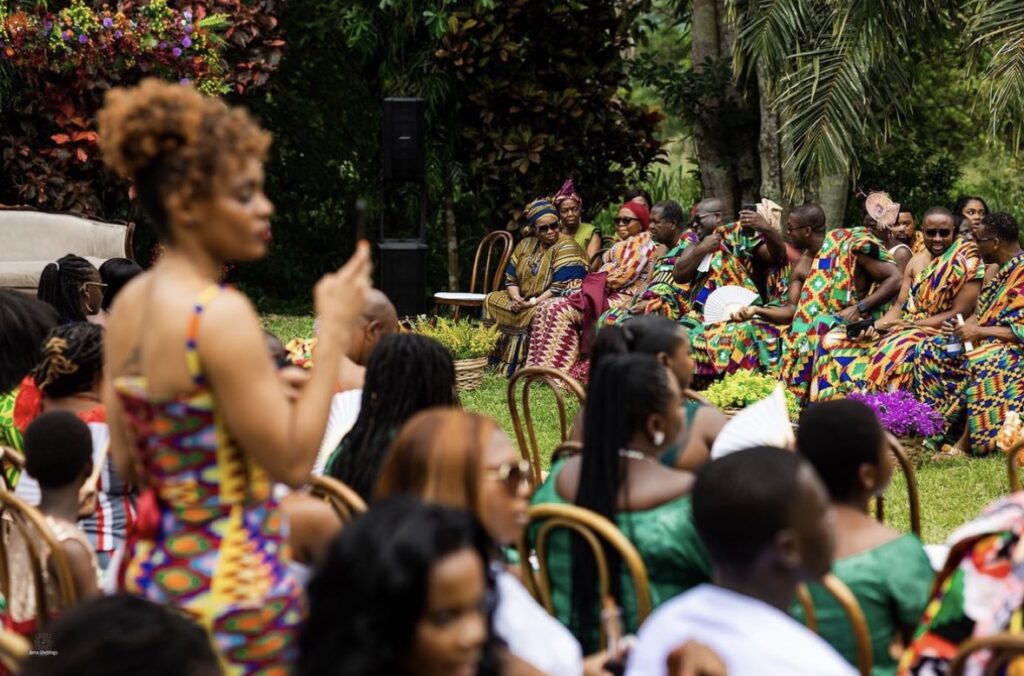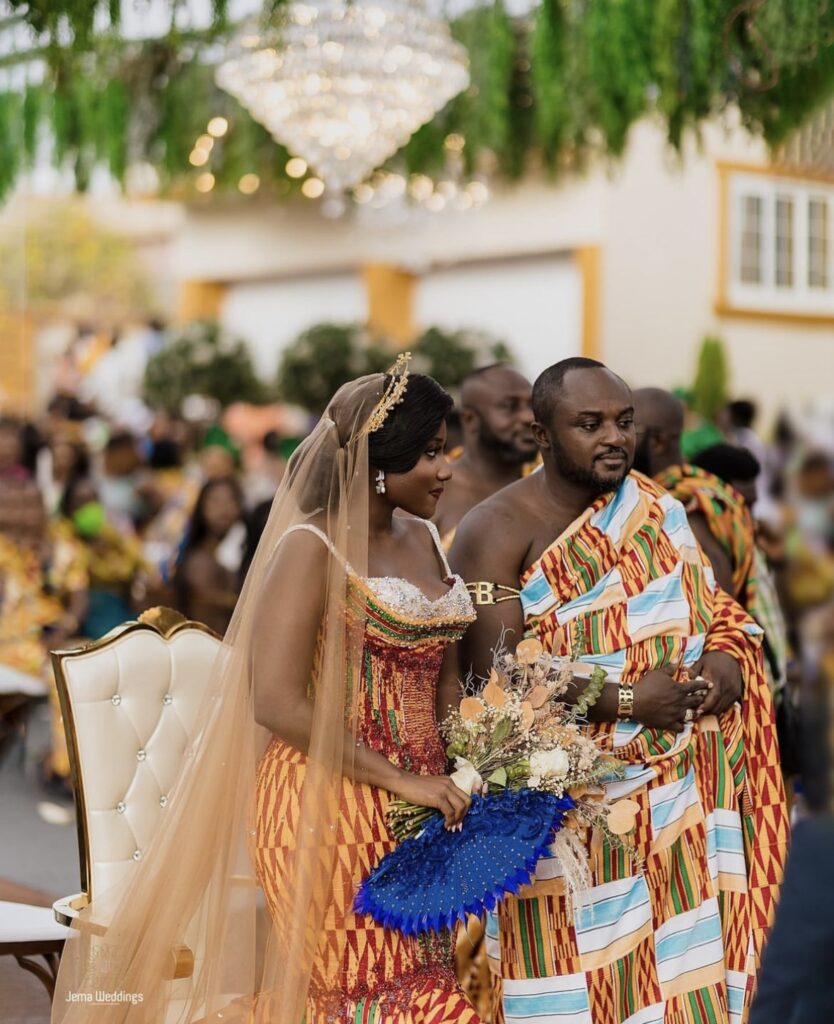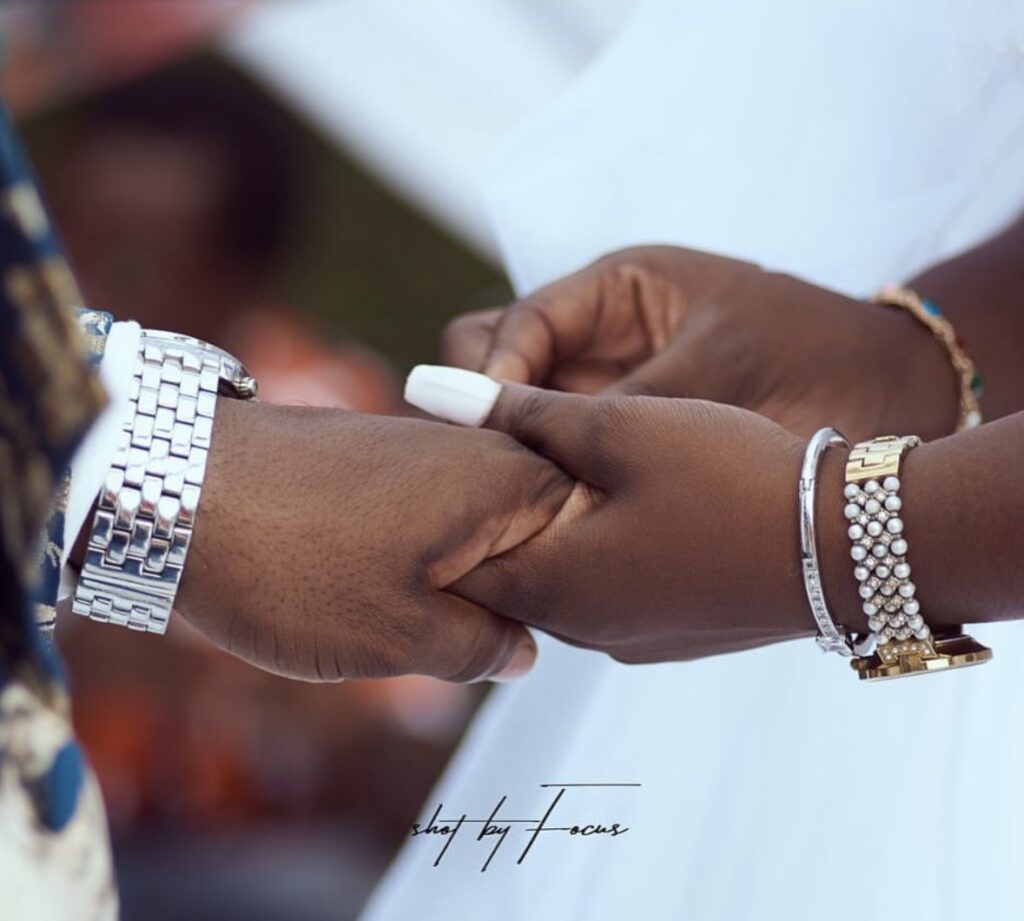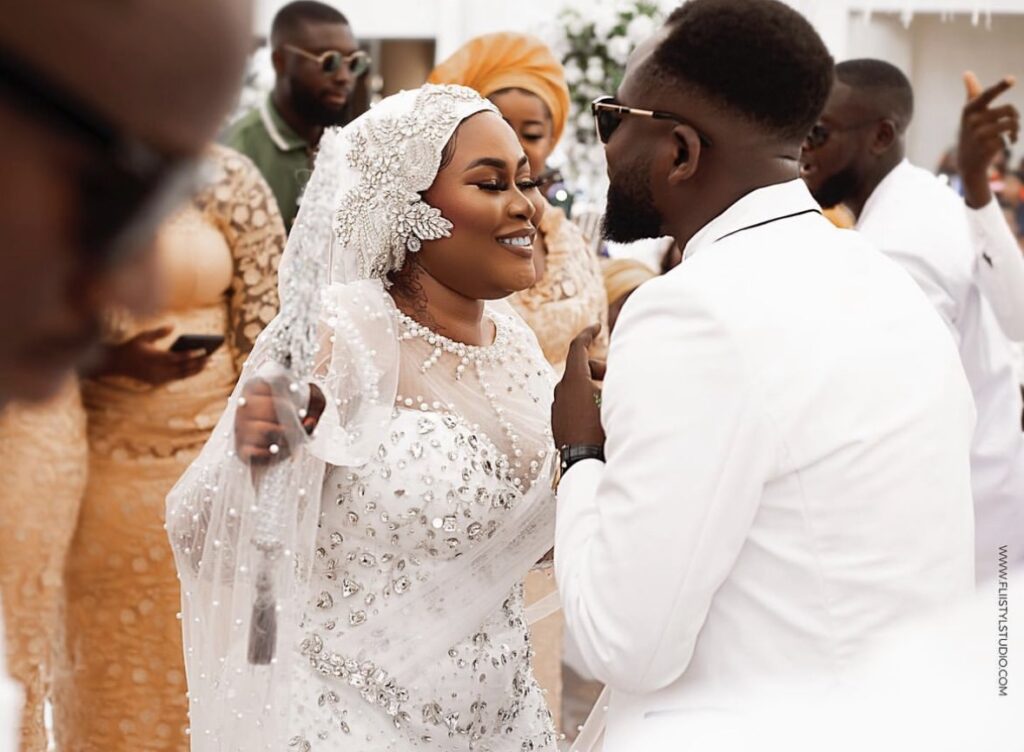
Marriage is an essential institution in Ghanaian society, and it is considered a significant milestone in the lives of Ghanaians. Traditionally, marriage in Ghana is viewed as the union of two families, rather than just the couple. The marriage ceremony in Ghana is a grand affair that involves elaborate customs, traditions, and rituals, which vary according to the ethnic group and region.
There are three types of marriages in Ghana, and they are classified based on the customs and traditions of the people. In this article, we will explore the different types of marriages in Ghana.

Customary marriage in Ghana is a type of marriage recognized under the Customary Marriage and Divorce Registration Law of 1985 (PNDCL 112). It is a traditional form of marriage that is conducted according to the customs and traditions of the ethnic group or community of the couple involved.
There are many differences in customs depending on ethnic groups in Ghana. Under the customary marriage, every essential detail about the couple’s family is taken into consideration. An investigation is done to find out if there is anything that can be of hindrance to the families uniting. Some of the inquires made by either families includes; if the partners have any criminal records in the society, if there are any diseases, is the nature of the families quarrelsome, if man or woman is hardworking or lazy, can the man manage to look after the family among other things.
Customary marriages can either be monogamous or polygamous. The man may have as many customary wives he may want. The marriages that fall under this category are usually registered under the Customary Marriage and Divorce Registration Law, 1985 (PNDCL112). For this marriage to be legal, the below are considered:
Under the Customary Marriage and Divorce Registration Law, couples who enter into a customary marriage have legal rights and obligations. They can register their marriage with the appropriate authorities and have legal proof of their marriage. The law also regulates issues of inheritance, property rights, and divorce for customary marriages.
In summary, customary marriage in Ghana is a traditional form of marriage recognized by law, and it can be either monogamous or polygamous, depending on the customs and traditions of the community.

Civil or ordinance marriage in Ghana is a type of marriage that is recognized by law and is conducted under the provisions of the Marriage Act, 1884-1985 (PNDC Law 111). It is a legally binding marriage that is conducted in a civil ceremony by a registered marriage officer.
Civil or ordinance marriage in Ghana is strictly monogamous, meaning that a person can only be married to one spouse at a time. The Marriage Act does not recognize polygamous marriages in the context of a civil or ordinance marriage.
To enter into a civil or ordinance marriage in Ghana, both the bride and groom must be at least 18 years old and must provide certain information and documents to the marriage officer. The ceremony typically involves the exchange of vows and rings in the presence of witnesses, and the marriage officer issues a marriage certificate to the couple.
Couples who enter into a civil or ordinance marriage have legal rights and obligations, and the marriage is recognized by law in Ghana. The Marriage Act also regulates issues of inheritance, property rights, and divorce for civil or ordinance marriages.
For Civil or ordinance marriage,couples who enter have legal rights and obligations, and the marriage is recognized by law in Ghana.

In Ghana, Islamic marriage is recognized as a valid form of marriage under the Marriage Act. Islamic marriage in Ghana is commonly referred to as "Nikkah" and is typically conducted according to Islamic customs and traditions.
Islamic marriage in Ghana can be either monogamous or polygamous, depending on the agreement between the parties involved. According to the Marriage Act, a man is allowed to have up to four wives in a polygamous Islamic marriage, but he must meet certain requirements, such as obtaining the consent of his existing wife or wives and proving that he can provide for all of his wives and their children equally.
In Islamic marriage, both the bride and groom must be of the same faith and consent to the marriage. The marriage contract is typically signed in the presence of witnesses and a religious leader. The groom is required to provide a dowry to the bride, which is a payment or gift given to the bride by the groom at the time of the marriage. The amount and nature of the dowry can vary depending on the couple's cultural and religious traditions.
Islamic marriage in Ghana is recognized as a valid form of marriage, and couples who enter into an Islamic marriage have the same legal rights and obligations as couples who enter into a civil marriage under the Marriage Act.